Will WTO break deadlock in next major meeting?
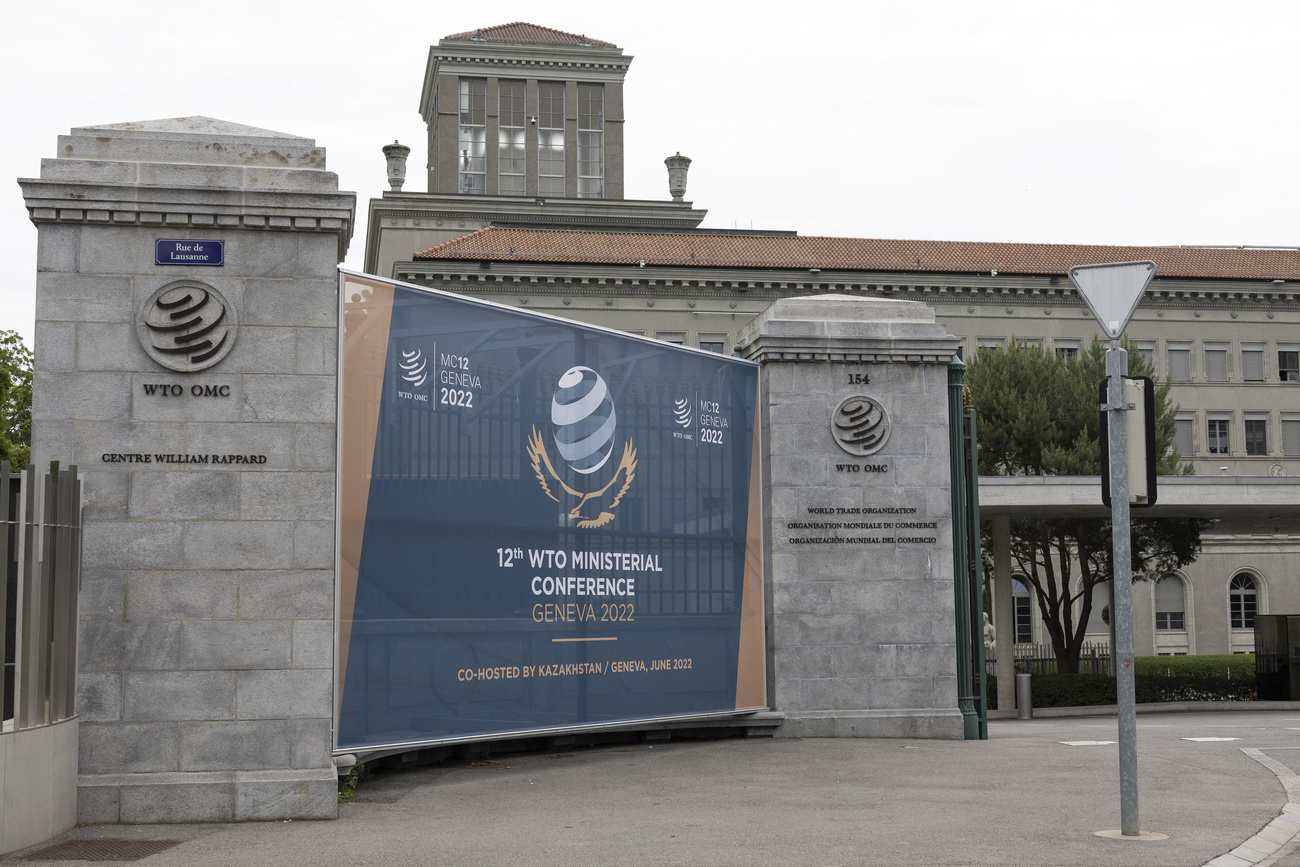
The 12th Ministerial Conference of the World Trade Organization (WTO) – postponed twice due to the Covid-19 pandemic – will finally take place from Sunday in Geneva. It has the daunting task of tackling the Covid-19 vaccine patent waiver and food security.
Trade ministers from 164 WTO member states are due to meet from June 12-15 in Geneva for the Ministerial Conference, the highest decision-making body of the WTO.
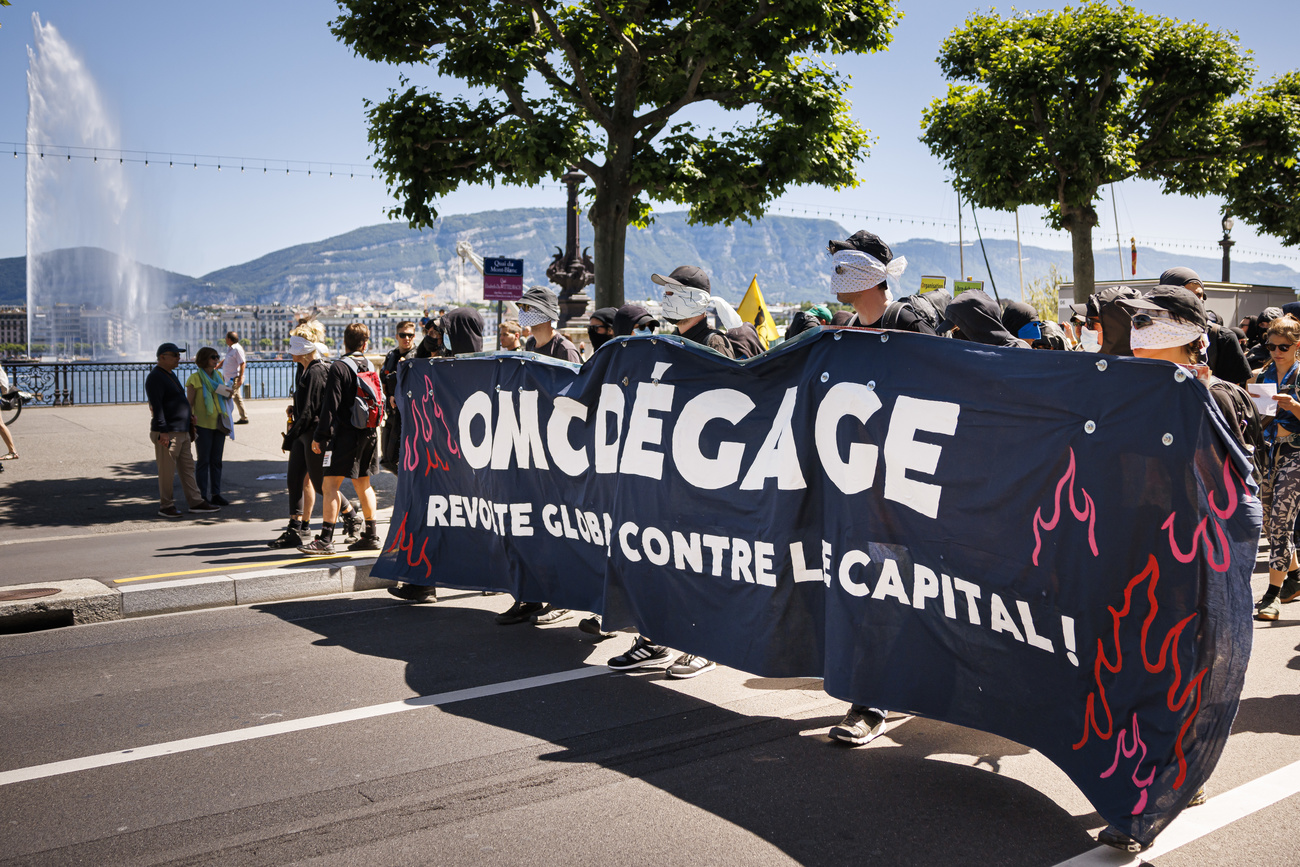
More
WTO ‘must live up to its importance’, says Swiss minister
This is the first time members will meet in five years. The ministerial conference is normally held every two years and aims to reach agreements on global trade problems. The 12th session was originally scheduled in Kazakhstan in June 2020 but was postponed twice due to the Covid-19 outbreak.
Since the last conference, the pandemic and war in Ukraine have upended geopolitics and put new issues on the ministers’ table including food security and global access to health care.
▼ Past World Trade Organization (WTO) Ministerial Conferences in Geneva.
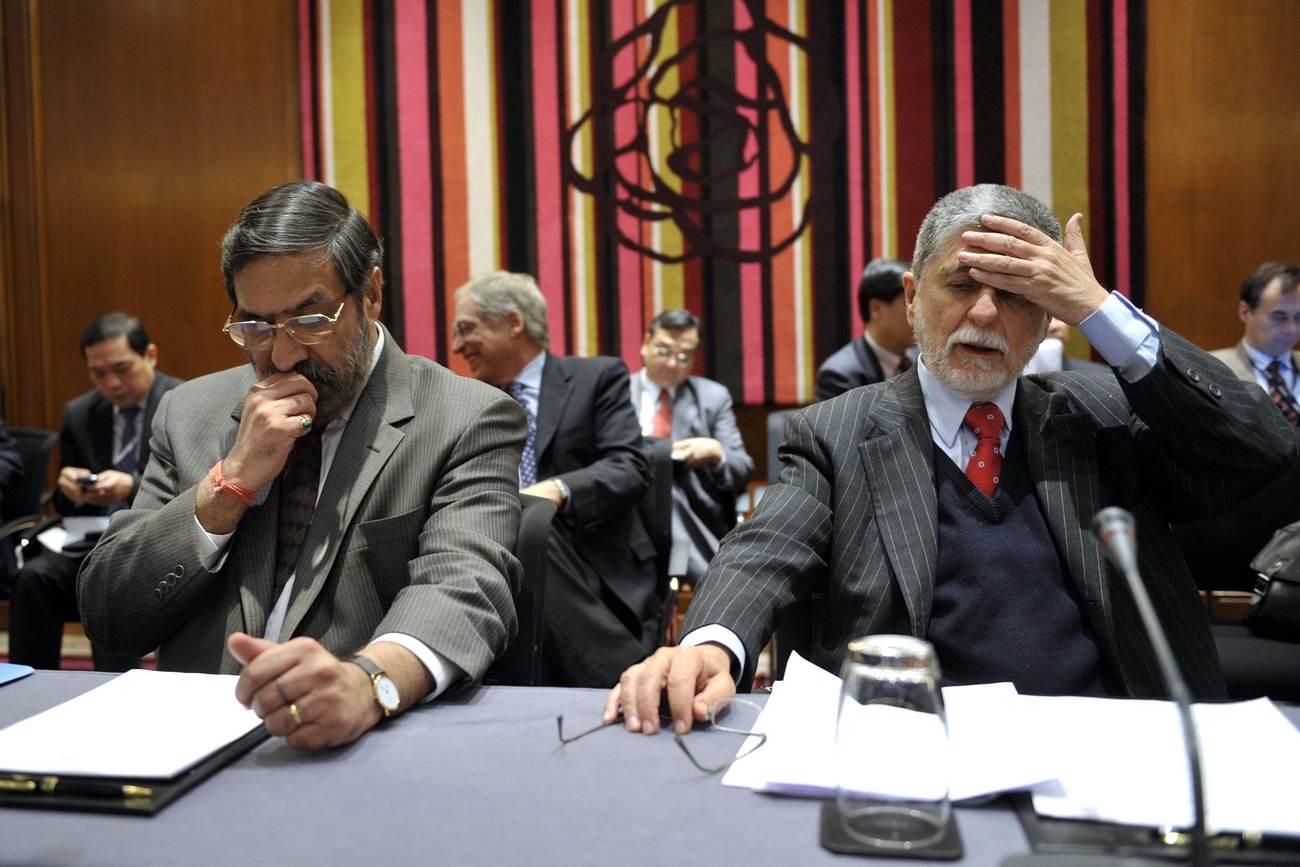
More
World Trade Organization: a long history
What’s scheduled?
One of the key negotiations will be on a proposal to temporarily waive intellectual property rights on Covid-19 vaccines and therapies. The waiver on the Trade Related Intellectual Property Rights (TRIPS) agreement would allow generic production of Covid-19 vaccines for developing countries. It is strongly opposed by Switzerland and the United Kingdom, both home to major pharmaceutical companies. At present it looks unlikely members will reach the needed consensus on the waiver.
A ban on subsidies for overfishing, in the pipeline for more than two decades, will also be on the ministers’ table. The issue is ever more urgent with marine fish stocks depleted from persistent overexploitation. Observers say members could reach a final agreement during the four-day conference. Stumbling blocks include the length of the transition period to end the subsidies and which countries could benefit from differential treatment.
The war in Ukraine has also placed food inflation, supply chain disruption and restrictions of exports on the agenda. WTO economists forecastExternal link in April that the prospects of the trade volumes would decrease from 4.7% to 3% for 2022-2023 due to the war. Russia and Ukraine are world’s biggest producers and exporters of grains, vegetable oil and fertilisers. The war has disrupted their supply chains. The consequent sharp increases in prices of agricultural commodities and fertilisers is pushing countries such as India and Indonesia to restrict exports of wheat and palm oil. Members will consider different proposals to tackle the current crisis including the possibility of exempting from export restrictions the procurement of humanitarian food aid by the UN World Food Program (WFP). Talks will also focus on stockpiling reserves. Currently WTO rules forbid such practices. A declaration is expected from the talks.
Reform talks pushed back
Finding consensus won’t be easy. “Many gaps remain but we are making progress,” said Ngozi Okonjo-Iweala the WTO Director-General on June 7, a few days ahead of the conference, referring to all issues on the table.
Negotiating rules for free trade in agriculture, industrial products and services have been going on behind the scenes for decades. Conflicts of interests between the developing and developed world, consumer needs and industry, make reaching a compromise on new international trade rules difficult.
The elimination of subsidies on processed foods in line with a 2015 WTO decision led to a reduction in subsidies for the Swiss chocolate industry of CHF100 million ($108 million) a year. That’s just one example of how a seemingly small change can negatively impact an entire sector.
It takes years just to set an agenda for talks at the WTO, since a consensus is required among member states. This has led to the paradox that no concrete moves to reform the WTO have been forthcoming despite broad recognition that reform is urgently needed. No concrete discussions on reform are likely to take place during this session.
What about Russia?
Western diplomats have said they will condemn Russia and show solidarity with Ukraine during the opening ceremony, but that an exclusion of Russia is not on the table. The Russian delegation has confirmed that Vladimir Ilichev, Deputy minister of Economic Development of Russia, will be coming to Geneva. In response to a question on how the Russian delegation will arrive to Switzerland despite the sanctions on airspace, Switzerland answered: “Switzerland as a host country will take all necessary measures to facilitate entry and exit into the country for all delegations of member countries that come to participate to international meetings and conferences.” This includes countries under sanctions such as Russia.

In compliance with the JTI standards
More: SWI swissinfo.ch certified by the Journalism Trust Initiative
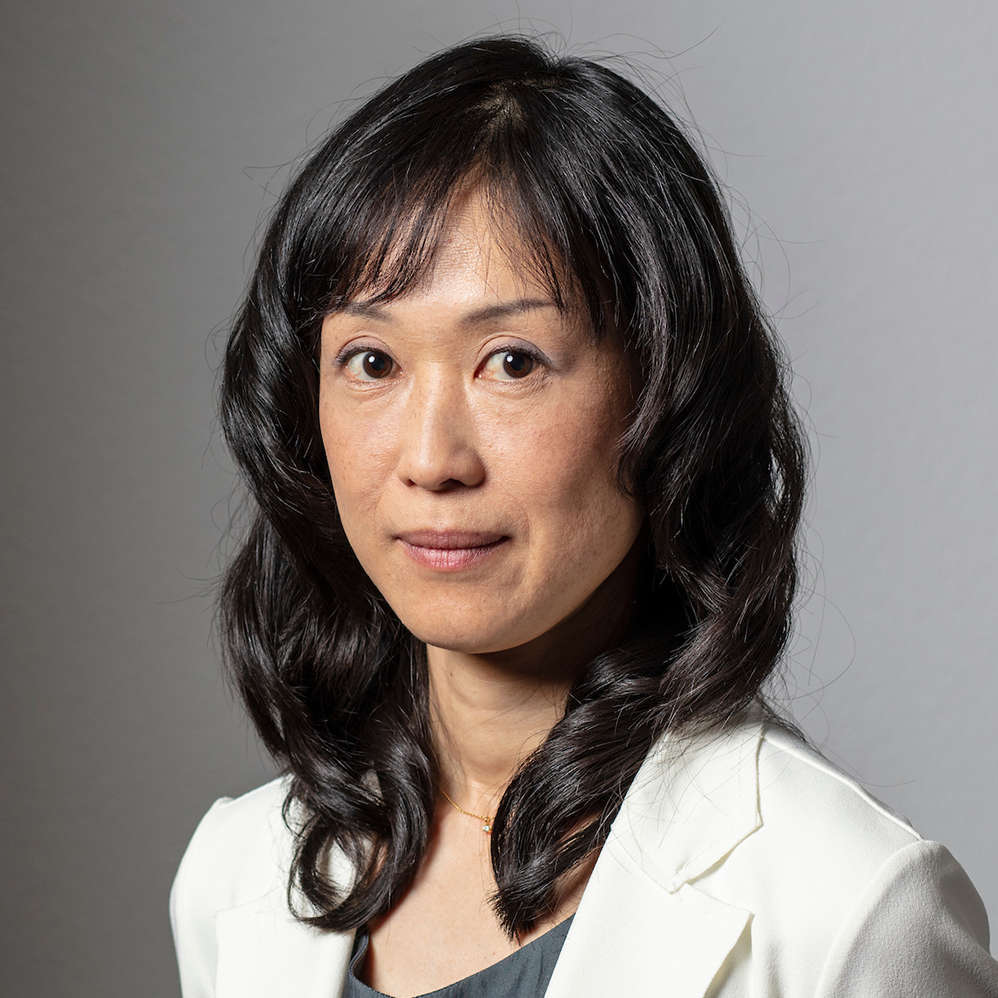
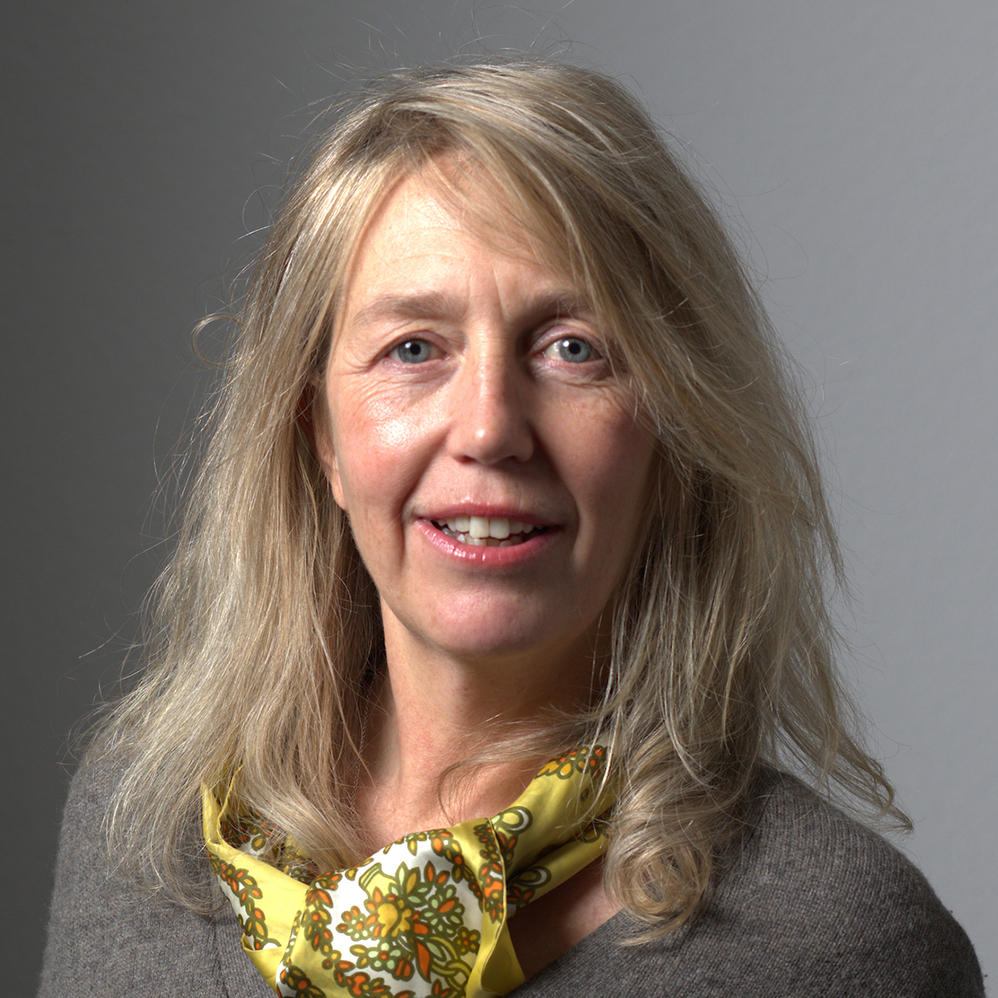
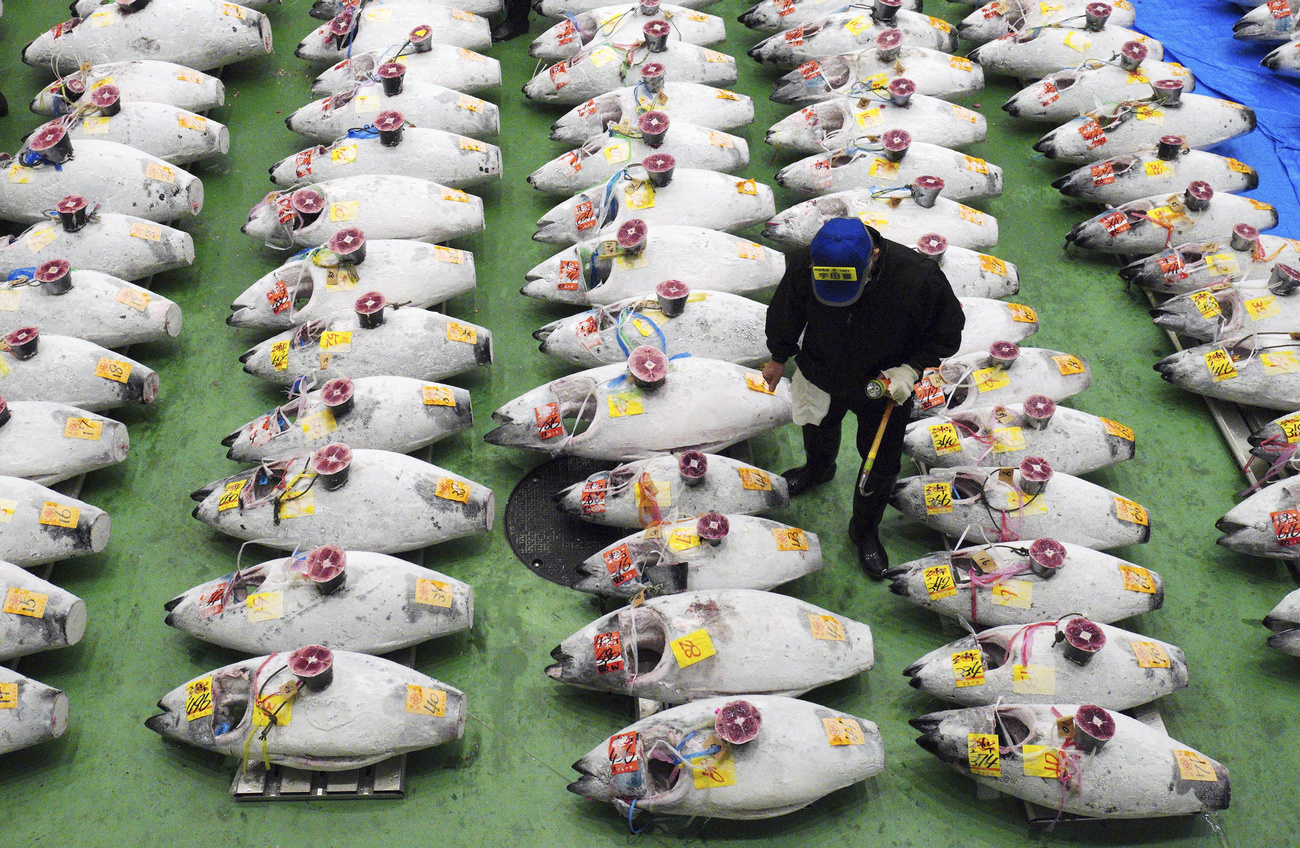
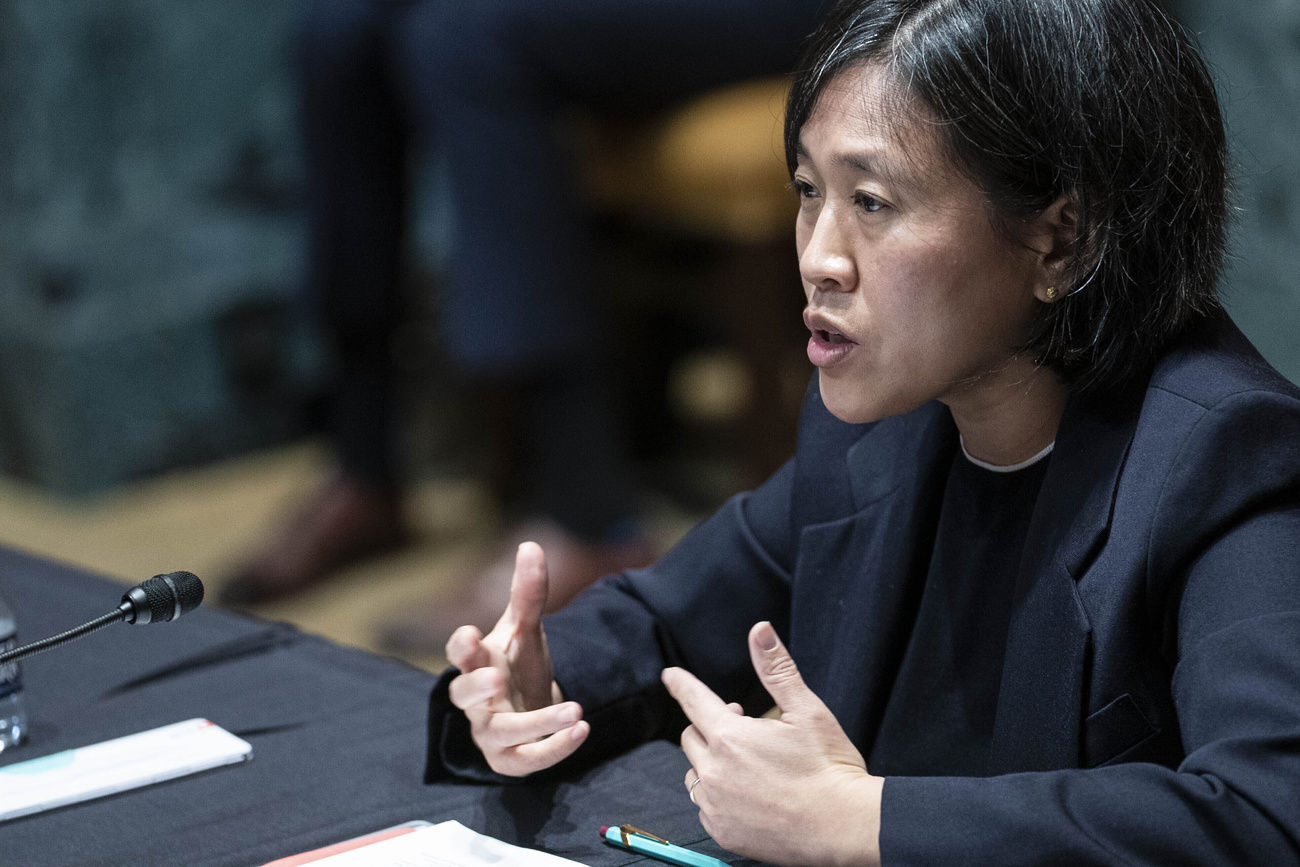
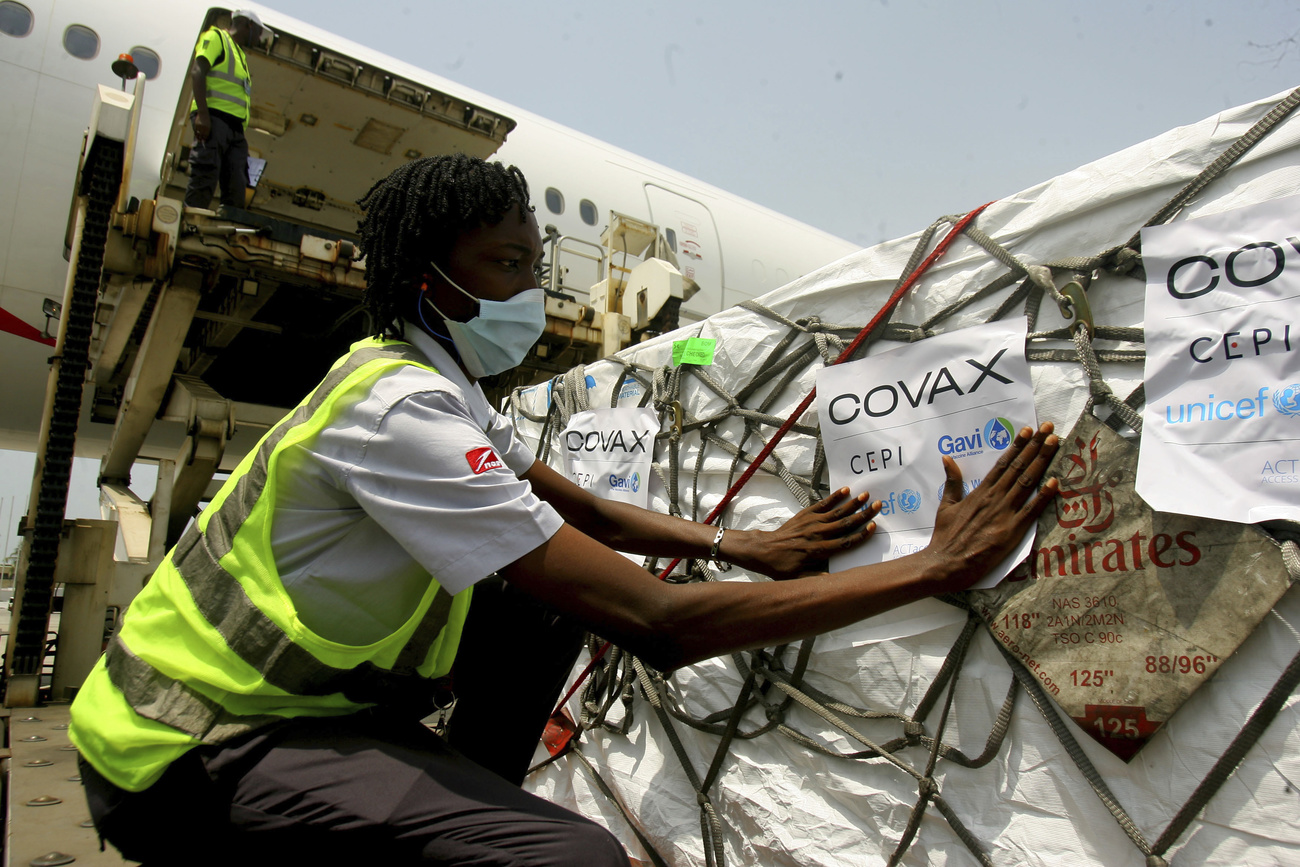
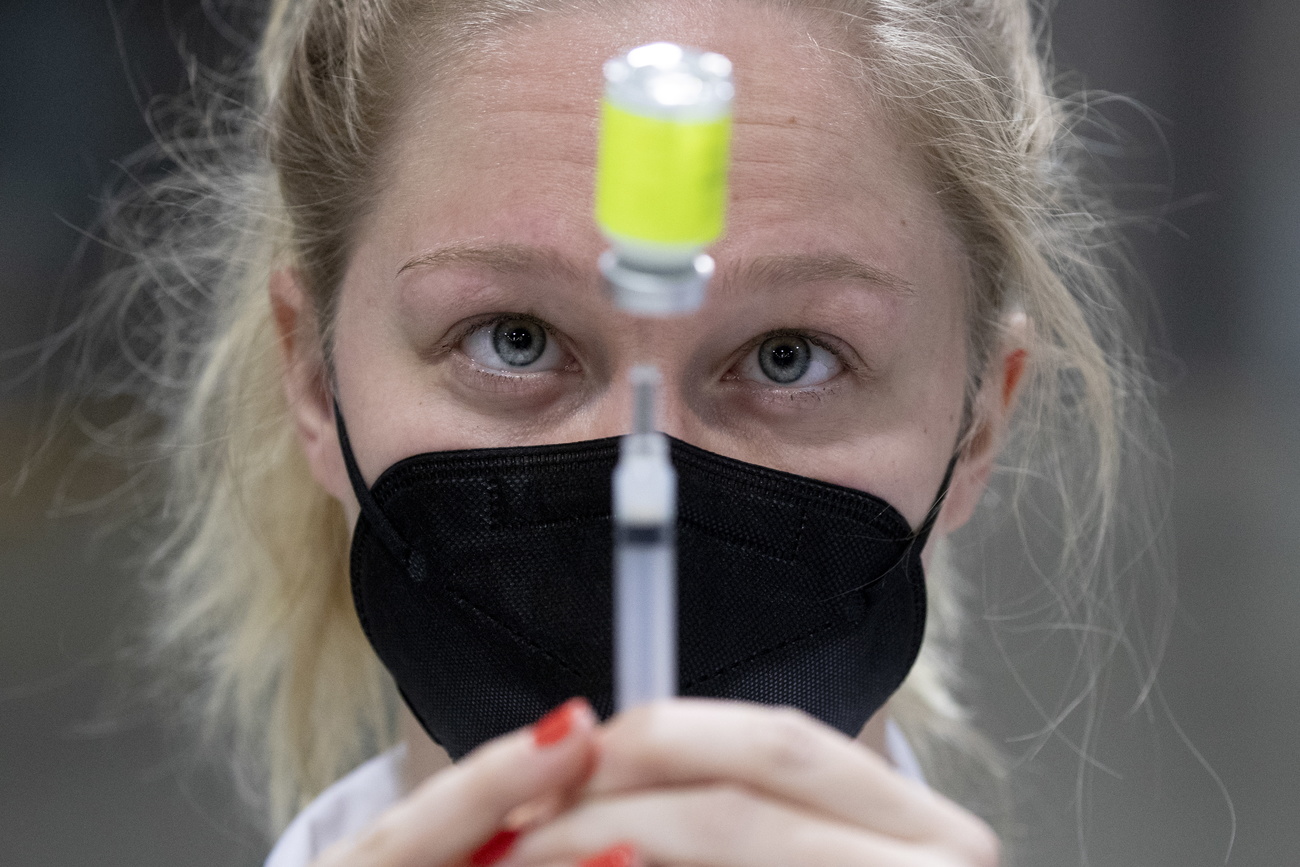
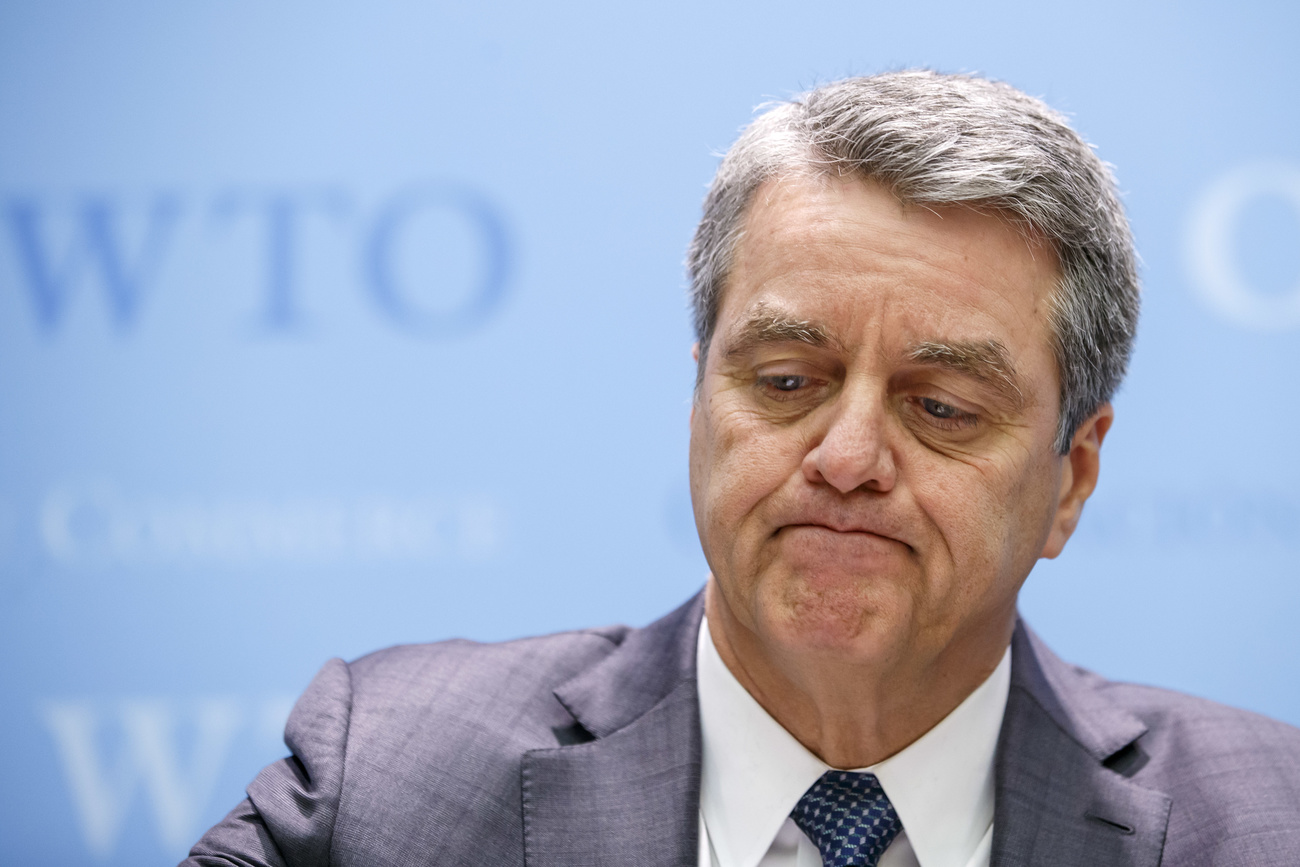
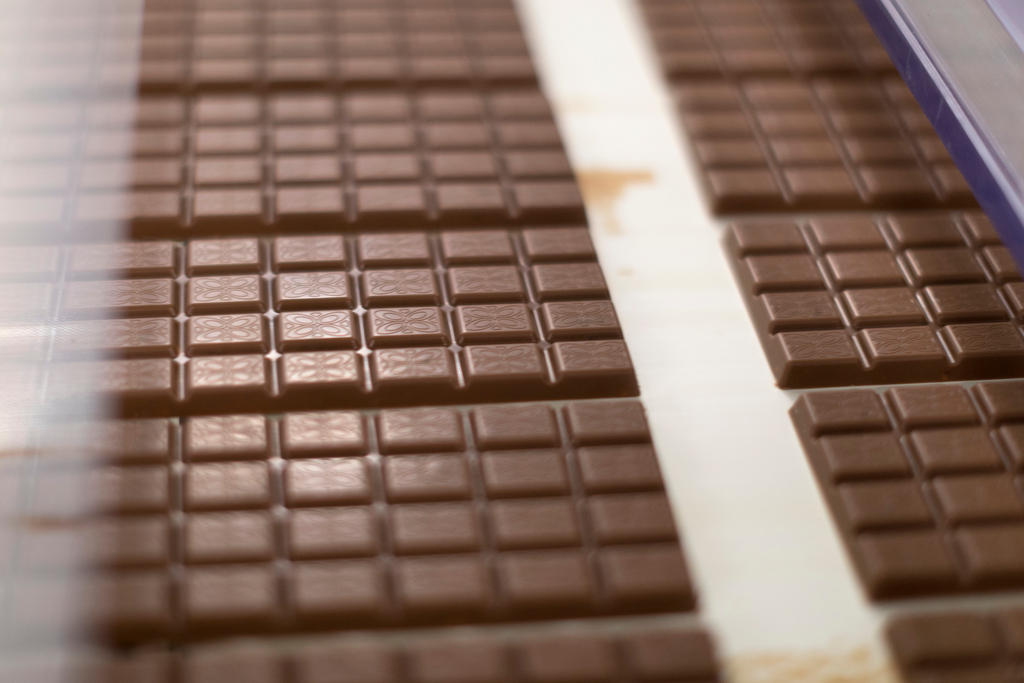
You can find an overview of ongoing debates with our journalists here. Please join us!
If you want to start a conversation about a topic raised in this article or want to report factual errors, email us at english@swissinfo.ch.